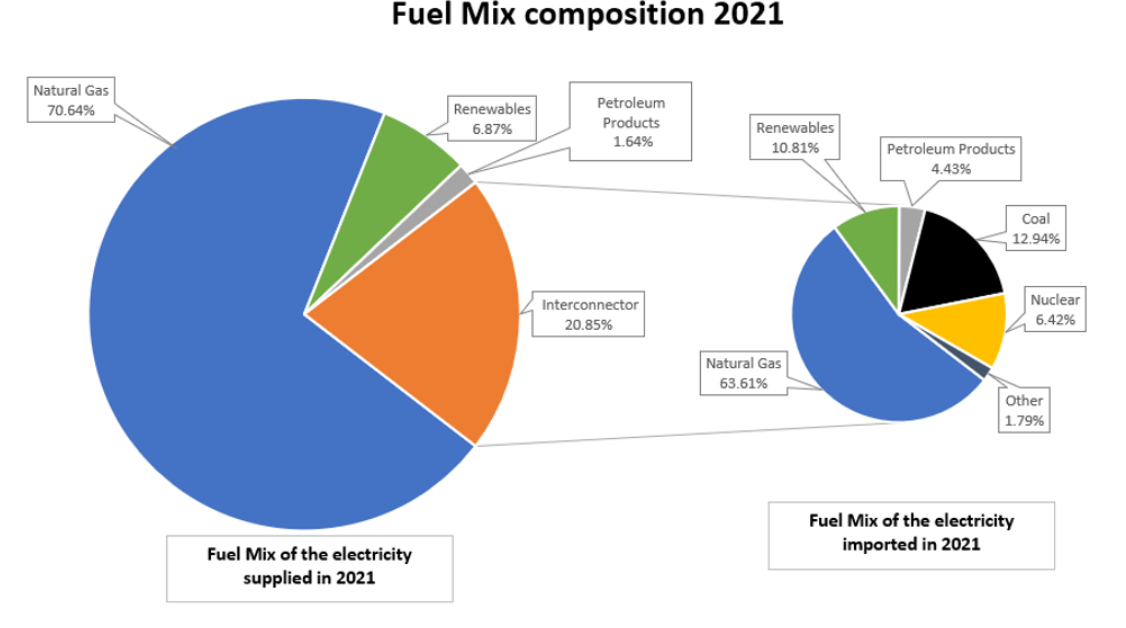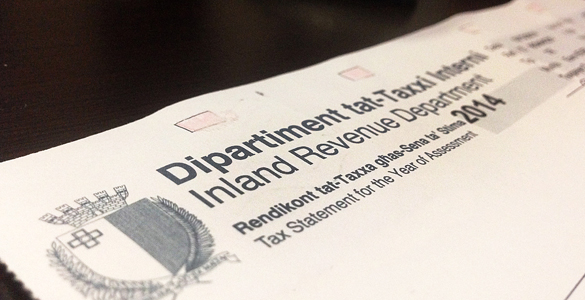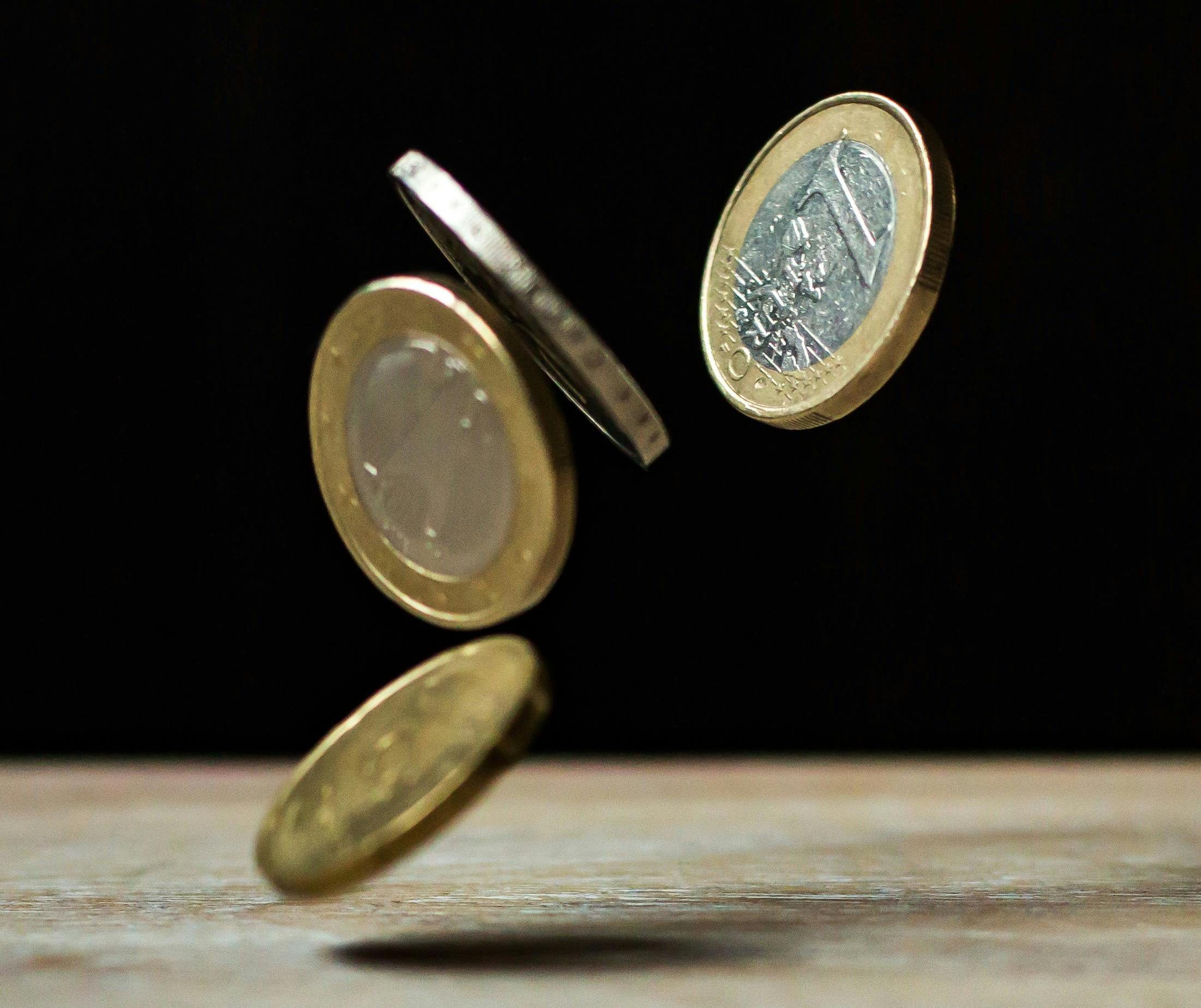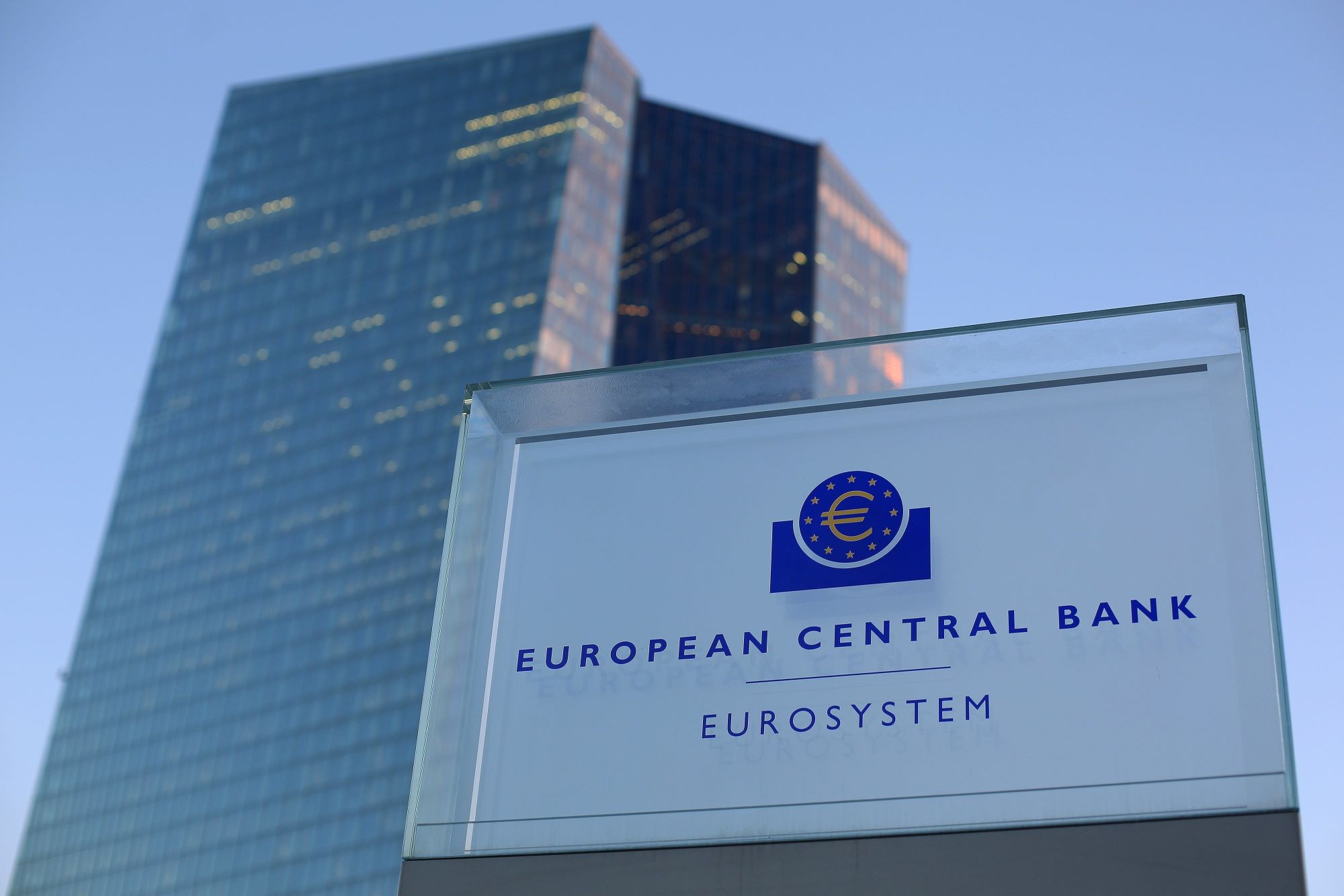President Putin signed a decree on Tuesday banning oil sales to countries and companies that comply with a price cap. Earlier in December 2022, Malta along with the European Union implemented a $60 (€56.4) price cap per barrel for Russian oil.
Since Malta’s energy prices are heavily subsidised, households won’t feel the impact directly, however, this could increase pressure on public finances as the country may have to find alternative, more expensive sources of petroleum products.
Petroleum products represent under two per cent of the country’s energy mix, and under five per cent of the interconnector’s energy mix according to most recent data made available by Enemalta.

The decree published on the Kremlin’s website read as follows, “Deliveries of Russian oil and oil products to foreign entities and individuals are banned, on the condition that in the contracts for these supplies, the use of a maximum price fixing mechanism is directly or indirectly envisaged,”
Despite the ban, Russia’s decree includes a clause that allows for Putin to overrule the ban in special cases, according to Reuters.
The cap on Russian oil exports is a G7 initiative which was adopted in November, and put into effect on 5th December 2022. It is intended to limit Russia’s revenues from oil exports. Despite trading below the cap at $56 (€52.7), this move was anticipated, with Russia’s Deputy Prime Minister threatening the ban following the price cap’s implementation.
Top 5% of taxpayers responsible for one-third of all income tax paid in Malta
On the other hand, the bottom third of income earners pay just 1.7% of all income tax generated
The Malta Institute of Accountants prepares for its 2024 Anti-Money Laundering Conference
Held at the Radisson Blu, St Julians, this latest AML Conference promises to bring exclusive insights on new procedures
Eurozone interest rates to remain unchanged
The European Central Bank noted that price pressures remain persistent






